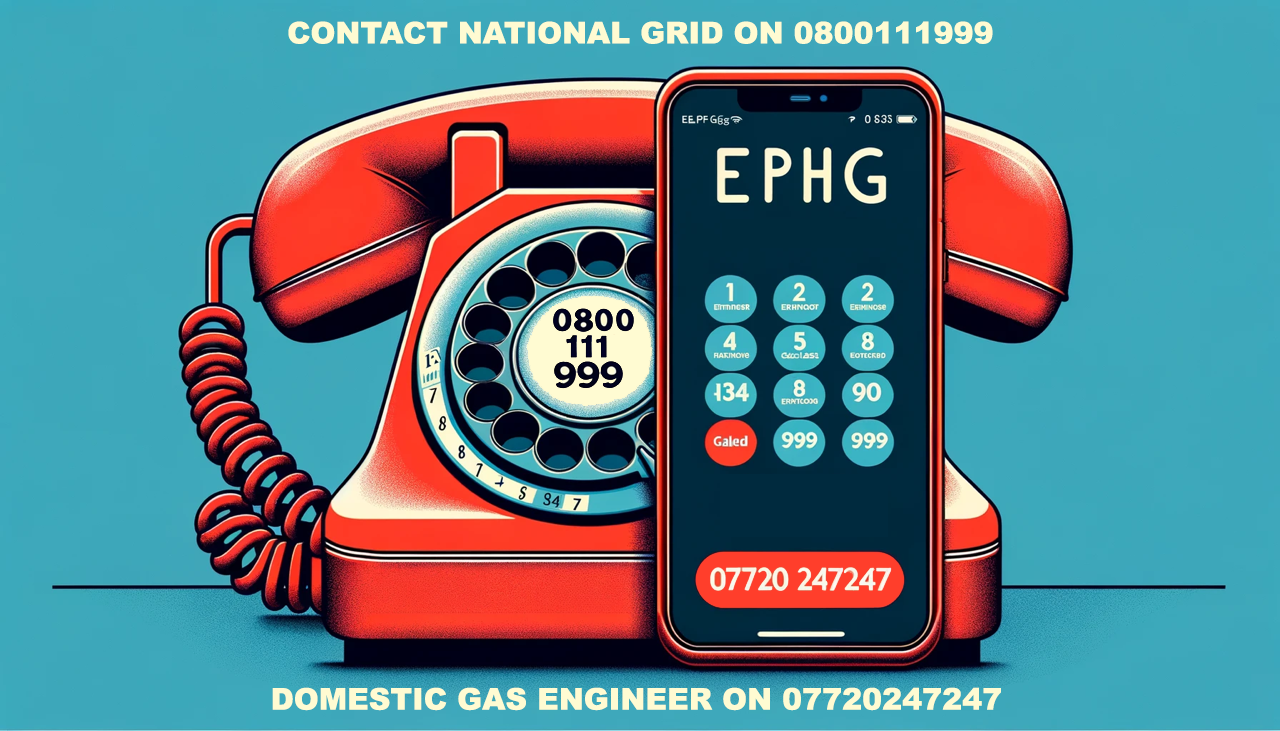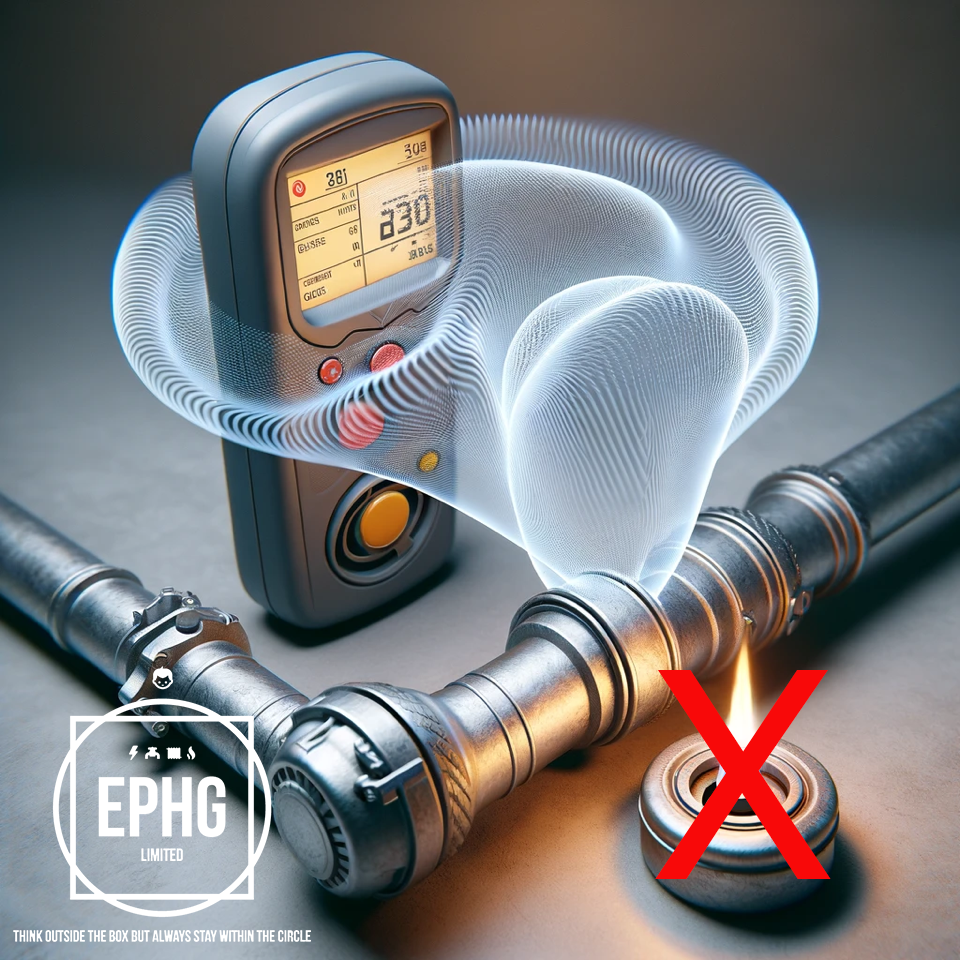
How to Prepare for the Arrival of an Emergency Gas Engineer: A Step-by-Step Guide
Introduction: Encountering a gas emergency can be a stressful experience, but knowing how to prepare for the arrival of an emergency gas engineer can make the process smoother and safer. Whether it's a suspected gas leak, a malfunctioning boiler, or any other gas-related issue, your preparation can significantly aid in the efficient resolution of the problem. Here's a comprehensive guide to help you prepare before the emergency gas engineer arrives.
- Confirm Ownership
- Clear Access to the Property
- List of Symptoms
- Safety First
- Prepare for Possible Evacuation
- Secure Valuables and Sensitive Areas
- Additional Information
- Post-Repair Considerations
The first step in preparing for the arrival of a gas engineer is to confirm your authority to authorize repairs. This is particularly important if you are renting or managing the property for someone else. Have relevant documentation ready, such as a lease agreement or a letter of authorization, to avoid any delays in addressing the emergency.
Ensure that the gas engineer has clear access to your property, particularly to the gas meter and any affected appliances. This might mean clearing pathways, securing pets, or arranging for access to locked areas. A clear route will enable the engineer to begin work immediately, saving crucial time in emergency situations.
Before the engineer arrives, jot down all the issues you've noticed. This could include the smell of gas, any unusual noises coming from the boiler, or visible damage to gas appliances. Providing a detailed account will help the engineer diagnose the problem more quickly and accurately.
If you are advised to do so, turn off your gas supply at the meter. This is a critical step in preventing further gas leakage. Additionally, open windows and doors to ventilate the area, reducing the risk of gas accumulation and potential hazards.
In some cases, evacuation might be necessary for safety. Prepare a quick evacuation plan, especially if there are vulnerable individuals in the property, such as children, elderly, or individuals with disabilities.
Ensure that your valuables and sensitive areas are secure. This not only protects your belongings but also allows the engineer to work without any concerns regarding property safety.
If there have been previous gas-related repairs or inspections, have that information handy. Past reports or records can provide valuable insights into the current situation.
After the repair, it's important to consider follow-up actions such as scheduling regular maintenance checks or installing gas detectors for future safety.
Conclusion: Preparing for the arrival of an emergency gas engineer not only facilitates a quicker resolution but also ensures your and the engineer’s safety. By following these steps, you can contribute to a more efficient repair process and restore safety to your home.
Call to Action: If you're facing a gas emergency, don't wait. Contact our expert team of whome can assist you requiring an emergency gas engineer for prompt and professional service. Explore our website to learn more about our services and how we can help you in a gas emergency.







